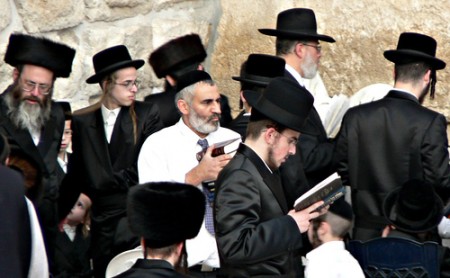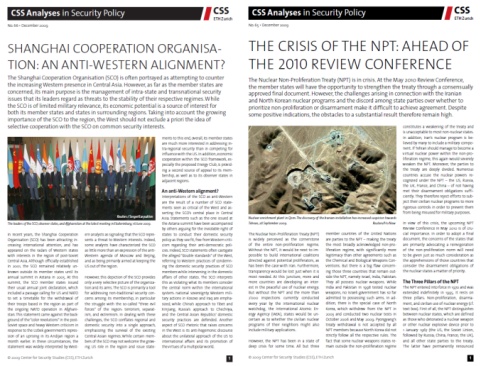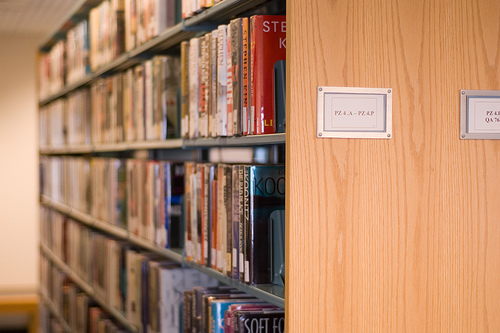
Recently, Israel has experienced several inner conflicts. But this time, Palestinians have nothing to do with them. It is a series of conflicts and tensions between the two faces of the Israeli population: Orthodox Jews and secular Jews. As a report by the Institute for National Security Studies of Tel Aviv mentions, “a different but no less serious challenge to Israel is the deep ideological divisions among the Jews themselves.”
Examples of this division can be observed almost daily in the local media. From the settlement policy to the future of Palestine, the ideological difference is clear. Part of the Orthodox minority, most of them are settlers, is determined to occupy, if not conquer, the land they believe God gave them. As a short example of their determination, the government needed 40,000 troops and policemen and months of preparation to remove fewer than 8,000 settlers from the Gaza Strip over a period of a few months.
Until recently, this minority had little to say in terms of national policy. But the last election that saw Israeli Prime Minister Binyamin Netanyahu gathering a right-wing coalition changed the presence of the orthodox group on the political stage. The coalition government now includes several members of the Shas party and even one member of The Jewish Home. Theses religious parties are strong advocates of the presence of the Halakha, the Jewish law, in Israeli law. This once-stable coalition is now starting to fall apart:




